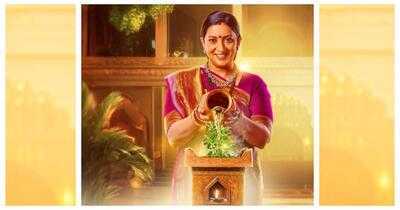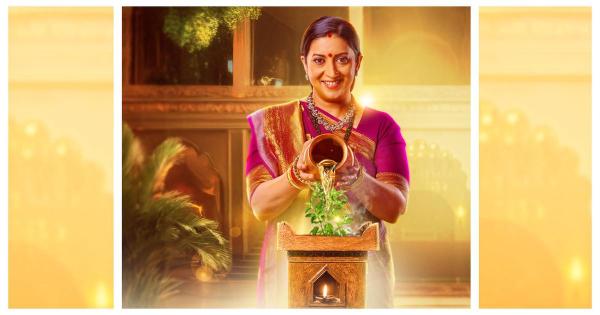

The current wave of sequels, reboots, and revivals in Indian popular culture is not merely a matter of commercial strategy. It reveals something deeper about the cultural imagination at this moment.
When a show such as Kyunki Saas Bhi Kabhi Bahu Thi returns nearly two decades later with the same characters and the same mythology of domestic virtue, it prompts a question: what has changed – and what has been suspended?
There is, of course, the obvious economic rationale. Reboots offer built-in audiences. Familiar characters reduce the risks of failure. But repetition at this scale suggests more than financial caution: it suggests a certain cultural fatigue.
This fatigue is not a lack of output but a narrowing of ambition. The stories being told are no longer grappling with the present or gesturing toward the future. Instead, they are recreations of once-successful formulas, designed not to provoke but to reassure. It is a fatigue of imagination, where the capacity to ask new questions is substituted by the recycling of old answers.
A mythic pastIf the early 2000s offered these stories in the context of a rising, aspirational India, where satellite television was expanding and middle-class identities were shifting, their reappearance today feels curiously static. We are not building on past narratives but...
Read more